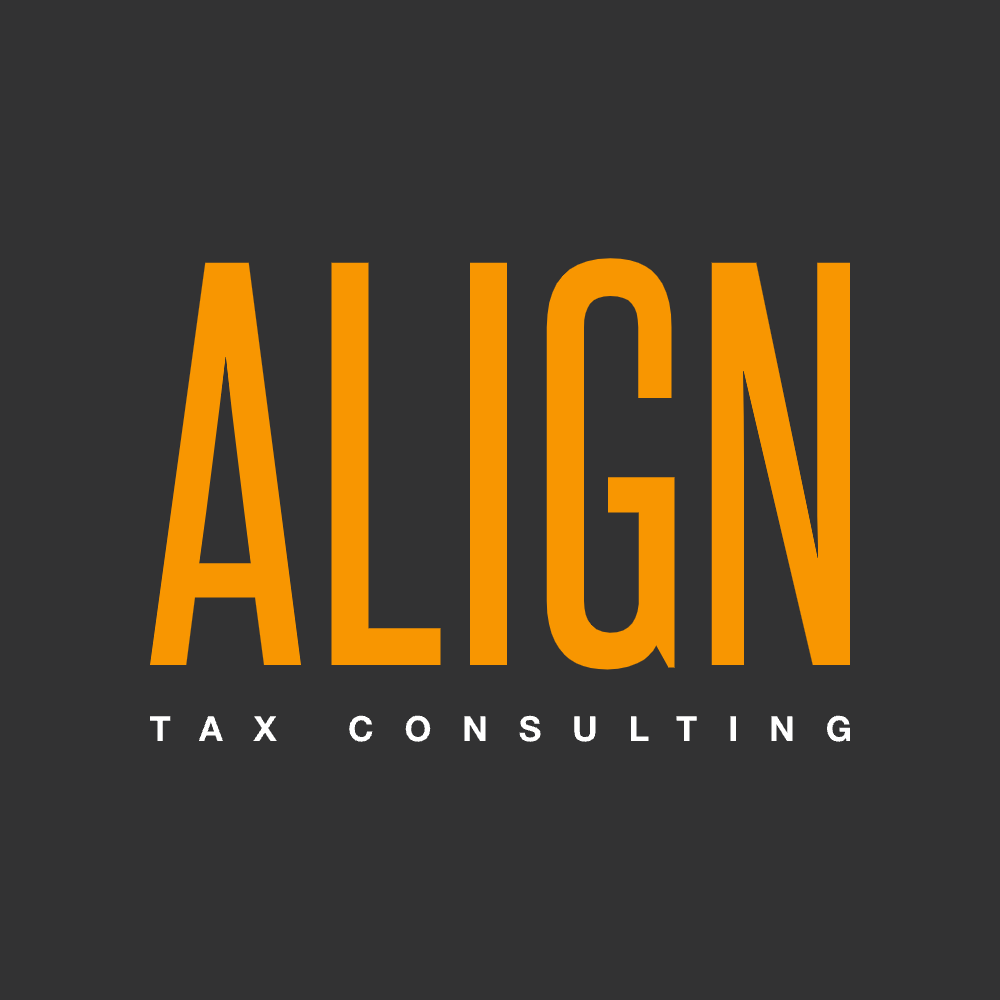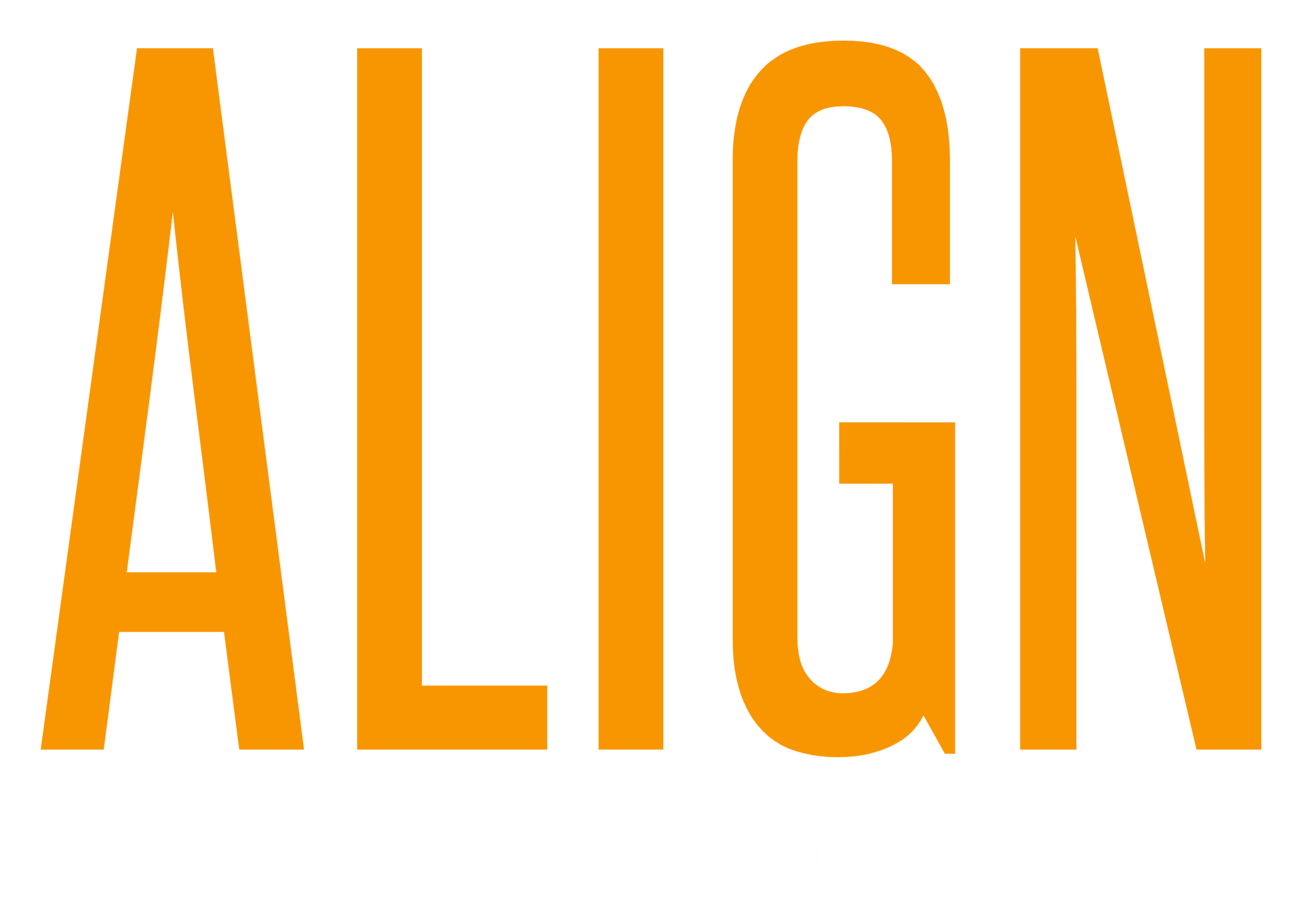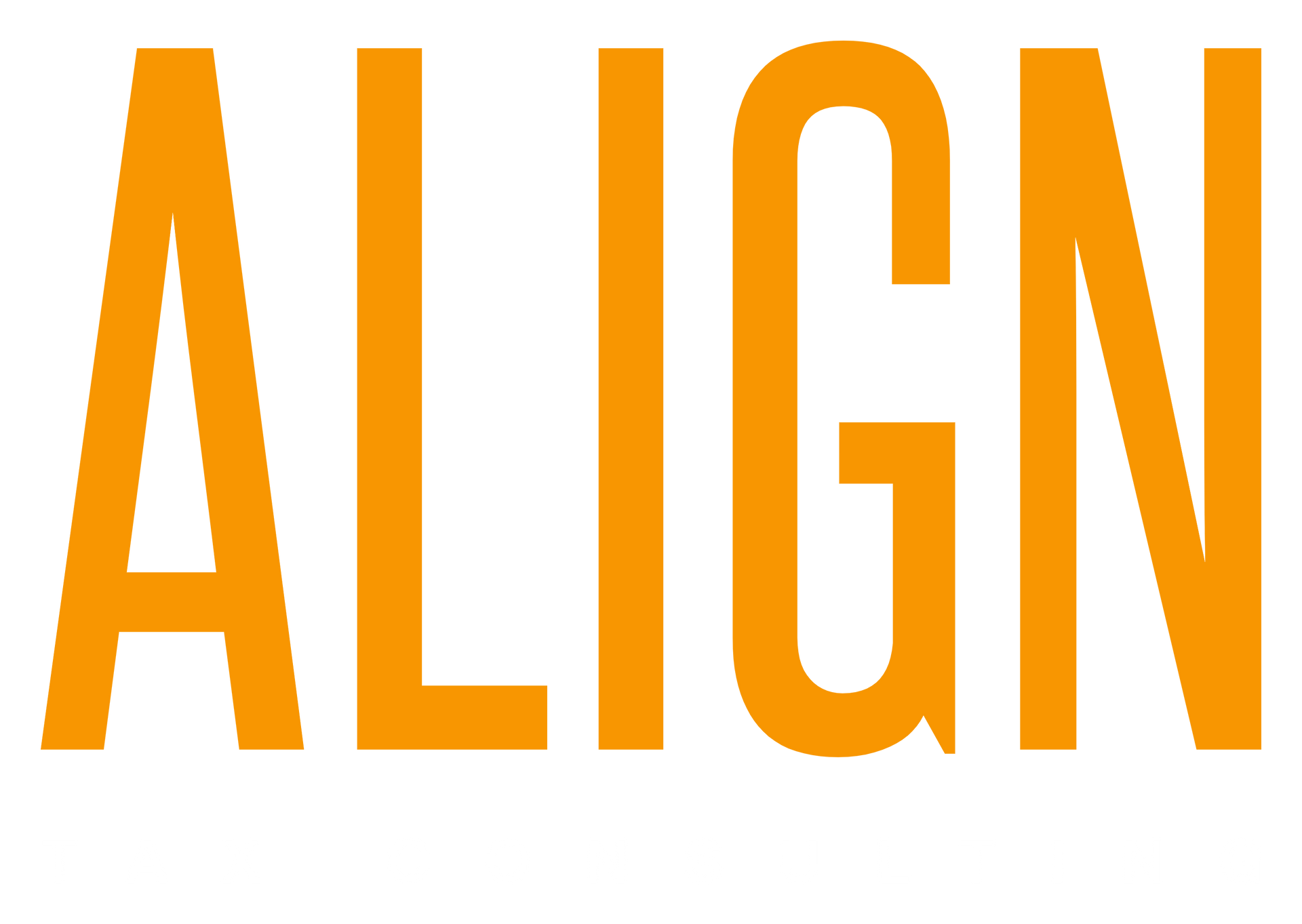Proposed Specialty Tax Changes in Trump’s Tax Plan
With a supportive Senate, Trump’s administration is more likely than not to bring changes to tax law. Although no new legislation has been passed yet, tax preparers and taxpayers should stay attuned to developments in Congress and prepare for potential shifts in tax policy over the next year.

Donald Trump has been elected as the 47th President of the United States and will take office on January 20, 2025. Throughout the election, tax reform became a major talking point, with both parties proposing substantial changes in several areas. One prominent proposal from Trump is to make many provisions from the 2017 Tax Cuts and Jobs Act (TCJA) permanent. Many of these provisions are currently set to expire at the end of 2025 and are expected to be a primary focus in Congress in the coming year.
Although there is bipartisan support for certain tax changes—such as extension of 100% bonus depreciation and eliminating the mandatory amortization of R&D expenses—significant obstacles remain. The outcome of ongoing House races could impact the legislative path forward, potentially presenting an initial hurdle. Additionally, the high cost of making TCJA provisions permanent poses a significant challenge for lawmakers.
With a supportive Senate, Trump’s administration is more likely than not to bring changes to tax law. Although no new legislation has been passed yet, tax preparers and taxpayers should stay attuned to developments in Congress and prepare for potential shifts in tax policy over the next year. Business owners, especially those leveraging specialty tax tools, should work closely with their tax advisors and specialty tax consultants to ensure they’re well-positioned to adapt to any new tax provisions.
List of tax proposals and how they may impact specialty tax functions:
- Extension of 100% Bonus Depreciation
Since 2001, bonus depreciation has been a powerful incentive for business owners to invest in their operations, including real estate, where it enhances cash flow feasibility. This provision will boost the appeal of tax tools like cost segregation by allowing the reclassification of property into shorter recovery periods that are bonus eligible.
- Permanent R&D Expenditure Expensing
The current five-year amortization requirement for R&D expenditures, even when the R&D credit isn’t claimed, has created a substantial tax barrier for businesses investing in innovation. Allowing permanent expensing of these costs, however, would encourage greater R&D investment and make the R&D tax credit significantly more appealing.
- Repeal of Energy Tax Incentives from the Inflation Reduction Act (IRA)
The IRA introduced major changes to specialty tax tools like the §179D deduction, increasing its complexity and financial potential while expanding its reach to more taxpayers. However, repealing the incentives, while narrowing eligibility, could make it simpler to qualify for and benefit from these specialty tax tools. There will be significant challenges to overcome a full repeal of these incentives. However, it’s most likely that that parts of the IRA will be discussed for repeal to assist with the funding issues for extension of the TCJA.
Conclusion
In summary, the proposed specialty tax changes in Trump’s tax plan could reshape the landscape for business owners and investors. As these changes develop, business owners should collaborate with tax professionals to navigate potential impacts, ensuring they’re well-positioned to capitalize on emerging opportunities and optimize their tax strategies.
Next Steps
To prepare for the potential tax changes ahead, it’s essential to have a clear strategy in place. Align Tax Consulting is here to help you navigate these developments and ensure you’re making the most of specialty tax opportunities like bonus depreciation, R&D credits, and energy-related deductions and credits. We’re ready to provide personalized guidance tailored to your unique needs—reach out to Align Tax Consulting today to get started.
Want to stay Tax Savvy?
Join our Newsletter!
Thank you for signing up for Align's monthly newsletter, Tax Savvy! We promise to send you relevant, useful, and occasionally funny information - to keep you up to date on all things specialty tax.
The Align Tax Team
Please try again later











